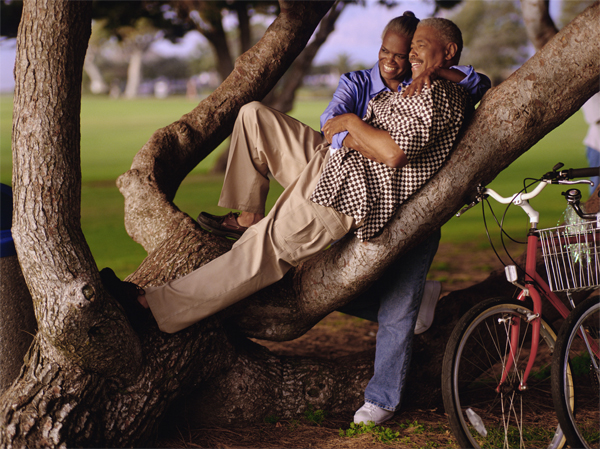Medical science has made remarkable advances in recent times, and conditions that seemed to have no cure until not so long ago, can now be cured. However there is just so much that pharmaceutical intervention can achieve on its own. A person with any ailment can and does benefit greatly from rest and relaxation as well as compassionate care from skilled personnel in salubrious surroundings.
After something like an accident or a major illness, it is important to heal not only physically but mentally and emotionally as well. There are several ailments and conditions that are helped by rest, relaxation and care, such as:
Heart attack
When recovering from a heart attack, it is important not to plunge into the vigorous hurly burly of your regular life at once. The body needs time to heal and recuperate; the mind needs time to adjust to a slower pace of life. It is also important to avoid another attack at this vulnerable stage. It can help greatly to be in quiet surroundings where relaxation and quality care help consolidate healing.
Stroke
A stroke is typically a life altering event because it can significantly reduce the mobility of a person. Here the body not only has to heal, it needs physiotherapy to improve mobility and range of function. The person also has to relearn common daily processes with reduced mobility. Setting therapy goals, maximizing progress with the help of skilled professionals can all be accomplished more successfully in an environment of rest and relaxation.
Insomnia
Insomnia can be a harrowing condition and this can also be helped by learning relaxation techniques, by incorporating a regular exercise regime into one’s day and making small changes in one’s environment.
Incurable diseases
When medicine has done all that it can, and a person has exhausted all avenues open to them, compassionate palliative care and the enhancement of one’s quality of life become of paramount importance. At this stage, pain management, relaxation techniques such as meditation, gentle exercise (where indicated) could help a patient live out the rest of their days in happier way.
Disability
Coping with a disability that stems from either an accident or an illness can be extremely challenging. Suppose a person with acute diabetes needed to have a leg amputated; or a person was in an accident that left them unable to use their right hand. Clearly significant new skills would have to be learnt. A person would have to make several adjustments in their life. To this end, a person should ideally be in a caring, relaxing atmosphere where trained people will help in the process of rehabilitation.
Some psychiatric conditions
Goals such as managing psychiatric symptoms, improving independent functioning, enhancing trust in relationships, resolving conflict and developing problem solving skills can be accomplished more effectively, in a conducive atmosphere. A patient can find help discovering ways to seek out productive and healthy experiences; both social and emotional. Together with professionals, ways to prevent relapse can also be identified.
Sarika Periwal writes family, parenting and healthy living articles for online publications. In cases where recovery needs days or weeks, care at a nursing home facility from trained professionals can make all the difference.
Photo credit: Thinkstock

